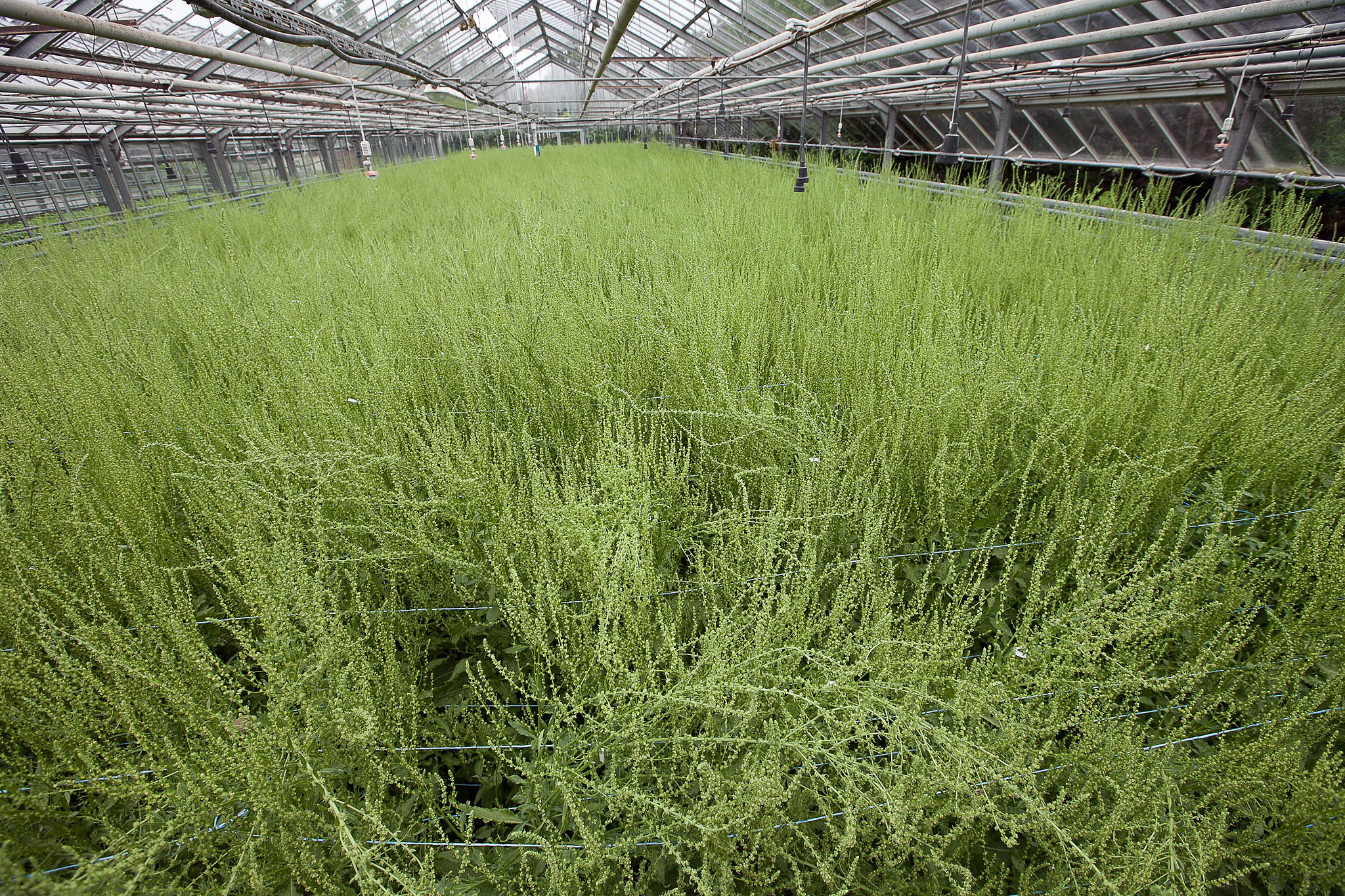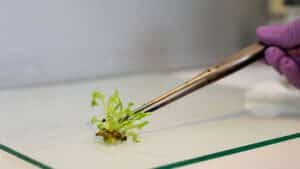Recent evaluations confirm these new genetically modified crops pose no greater plant pest risk, paving the way for safe cultivation in the U.S.
The U.S. Department of Agriculture’s (USDA) Animal and Plant Health Inspection Service (APHIS) has recently evaluated several genetically engineered plants to assess if they present a greater risk of plant pests compared to their traditional counterparts. The evaluations included:
- A sugar beet by Bayer Crop Science, engineered for herbicide resistance.
- A pennycress by CoverCress, engineered to have lower levels of glucosinolates (sulfur-containing compounds), erucic acid, fiber, and poly-unsaturated fatty acids in seeds, higher oleic acid levels, and reduced seed shattering.
- A pennycress developed by Hjelle Advisors for CoverCress, with reduced glucosinolates, erucic acid, and fiber in seeds.
- A soybean by Moolec Science, engineered to contain meat protein in seeds and antibiotic resistance.
APHIS concluded that these genetically modified plants are unlikely to increase plant pest risks when compared to other cultivated plants. Consequently, they will not be regulated under 7 CFR part 340 and can be safely grown and propagated in the United States from a plant pest risk perspective.













